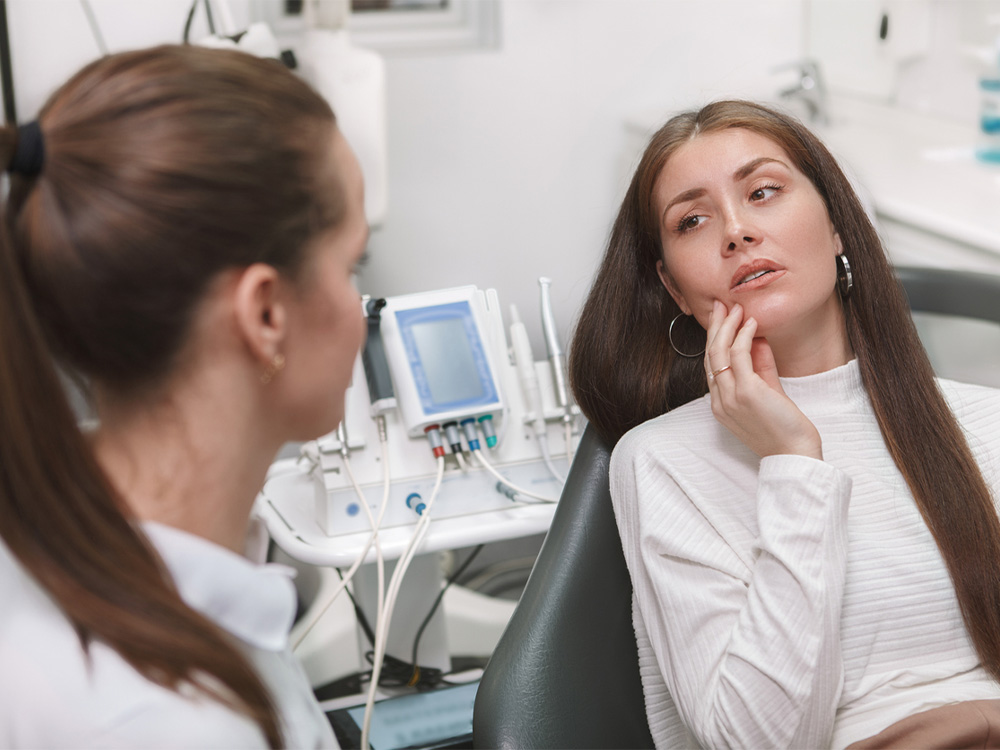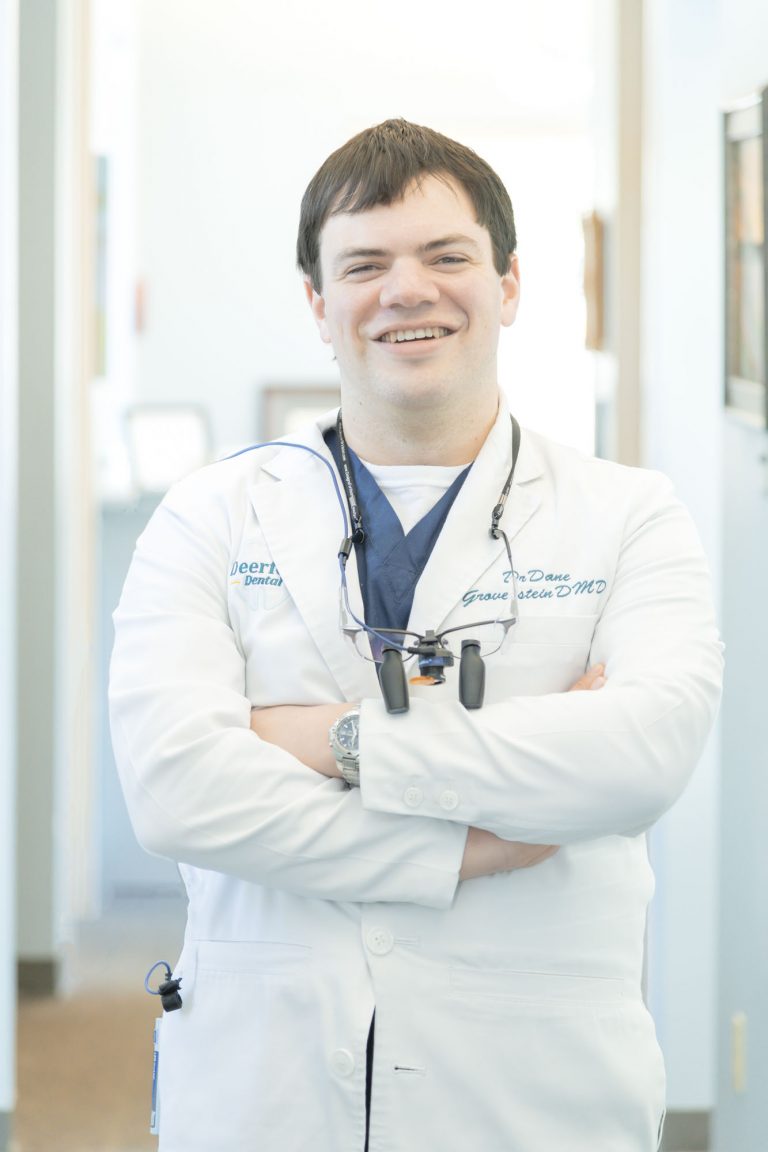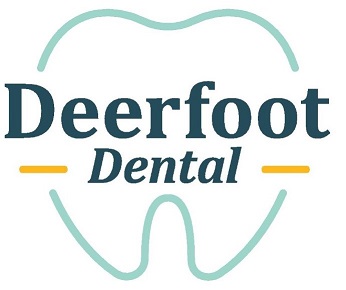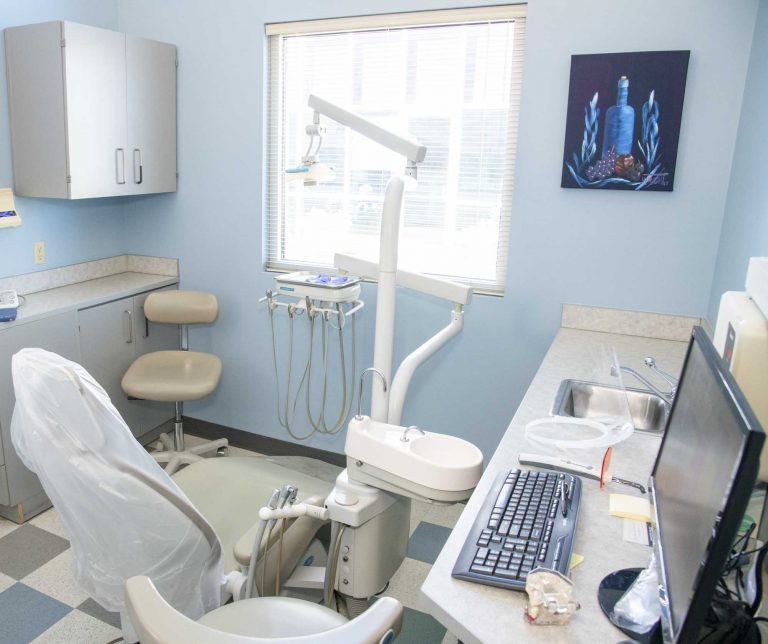Emergency Dentistry
Get immediate, compassionate care for dental emergencies in Pinson, AL, where your comfort and recovery are our highest priority.
Emergency Dentistry
in Pinson, AL
Dental issues and accidents can happen at any time. Sometimes they require immediate treatment, and when that is the case, we’re here to help. If you need emergency dentistry services in Pinson, AL please contact us at 205-810-0844 so we can help as soon as possible. Our office is open Monday to Thursday 8:00 a.m. to 5:00 p.m. and Friday 8:00 a.m to 12:00 p.m. by appointment.
At Deerfoot Dental our team is experienced and knowledgeable and we know that dealing with a dental emergency is never easy, but we are here to get you comfortable as quickly as possible. We offer affordable, emergency dental care that will get you back to everyday life as soon as possible.
Schedule Appointment Online

How Can I Manage Toothache Pain Before my Emergency Visit?
If you’re hoping to minimize pain from a toothache, you can try the following home remedies:
- Saline rinse. Mix 1/2 to 3/4 tsp of salt in a glass of warm water, swish and gargle the mixture for one minute, and then use mouthwash.
- Apply ice. Apply a cold compress on/near the area of pain.
- Pain medication. Use over-the-counter medication to reduce inflammation and pain.
- Teabags. Apply a cold or warm tea bag to your tooth—but tea can stain teeth so don’t use this method too much.
Meet Your Emergency Dentist

Dr. Dane Grovenstein
Dr. Grovenstein's number one priority is his patients which is why he always focuses on their comfort and the quality of their care. It has been his priority since day one of starting Deerfoot Dental to create a dentist office built on patient trust. A graduate of Auburn University and the University of Alabama Dental School, Dr. Dane Grovenstein has the knowledge and focus to ensure you receive the care you need when you need emergency dentistry.
Dental Emergency Cost in Pinson
Dental emergencies follow the same payment procedures as normal dental appointments. That means dental insurance, external payment plan providers, and savings plan memberships are as relevant for emergency dental care as regular checkups. At Deerfoot Dental in Pinson, AL, we accept most major insurance providers, accept third-party payment plans, and offer a dental savings plan for the uninsured. Give us a call with any questions or concerns.
Common Questions About Emergency Dentistry
-
What is a dental emergency?
We know dental emergencies can be stressful—and painful. These emergencies can range from a sudden and severe toothache to a lost or damaged tooth that requires immediate attention. We understand that this can be a difficult and uncomfortable experience, and we're here to help!
To determine if your situation is an emergency, we recommend asking yourself the following questions:
- Are you experiencing severe pain or swelling?
- Do you have a persistent toothache that won't go away?
- Have you lost a tooth, or is it loose?
- Are you experiencing swelling in your face or cheeks along with a toothache?
- Are you experiencing extreme tooth sensitivity?
- Are you bleeding persistently from your mouth?
- Have you injured your jaw?We understand that any dental problem that requires immediate treatment to stop bleeding, alleviate severe pain, or save a tooth can be considered an emergency. If you answered yes to any of the questions above—call us today!
Call Deerfoot Dental -
What should I do if I have a knocked out tooth?
Handle the Tooth Carefully: Only touch the sides and chewing surface, not the roots.
Clean Gently: Rinse with water or milk without scrubbing.
Reinsert if Possible: Once cleaned, carefully place it back in the socket, biting down softly to keep it in place and ensuring correct orientation.
Keep Moist if Reinsertion Fails: Store in milk or, if not available, between your gums and cheek or in saliva. Avoid tap water.
Seek Dental Care Immediately: The sooner you get to a dentist, the better the chances of successful reattachment. -
What if I have a chipped or cracked tooth?
If you have a chipped or cracked tooth, it is important to contact your dentist right away. Chipped teeth that are not painful can usually be smoothed out or filled in during a regular dental appointment. On the other hand, a cracked tooth typically indicates damage to both the inside and outside of the tooth. If you have a cracked tooth, please follow these steps after contacting your dentist:
1. Rinse your mouth with warm water.
2. Apply a cold compress to reduce swelling.
3. Take over-the-counter medication to relieve pain.Please do not apply any pain medication, such as Orajel, directly to the gums, as it can damage gum tissue.

